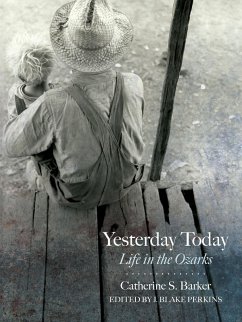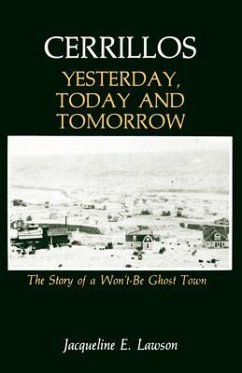The emergence into pop culture of quaint and simple Ozarks Mountaineers-through the writings of Vance Randolph, Wayman Hogue, Charles Morrow Wilson, and others-was a comfort and fascination to many Americans in the early twentieth century. Disillusioned with the modernity they felt had contributed to the Great Depression, middle-class Americans admired the Ozarkers' apparently simple way of life, which they saw as an alternative to an increasingly urban and industrial America.Catherine S. Barker's 1941 book Yesterday Today: Life in the Ozarks sought to illuminate another side of these remnants of eighteenth-century life and culture : poverty and despair. Drawing on her encounters and experiences as a federal social worker in the backwoods of the Ozarks in the 1930s, Barker described the mountaineers as lovable and pathetic and needy and self-satisfied and valiant, declaring that the virtuous and independent people of the hills deserved a better way and a more abundant life. Barker was also convinced that there were just as many contemptible facets of life in the Ozarks that needed to be replaced as there were virtues that needed to be preserved.This reprinting of Yesterday Today edited and introduced by historian J. Blake Perkins situates this account among the Great Depression-era chronicles of the Ozarks.
Dieser Download kann aus rechtlichen Gründen nur mit Rechnungsadresse in A, B, BG, CY, CZ, D, DK, EW, E, FIN, F, GR, HR, H, IRL, I, LT, L, LR, M, NL, PL, P, R, S, SLO, SK ausgeliefert werden.









